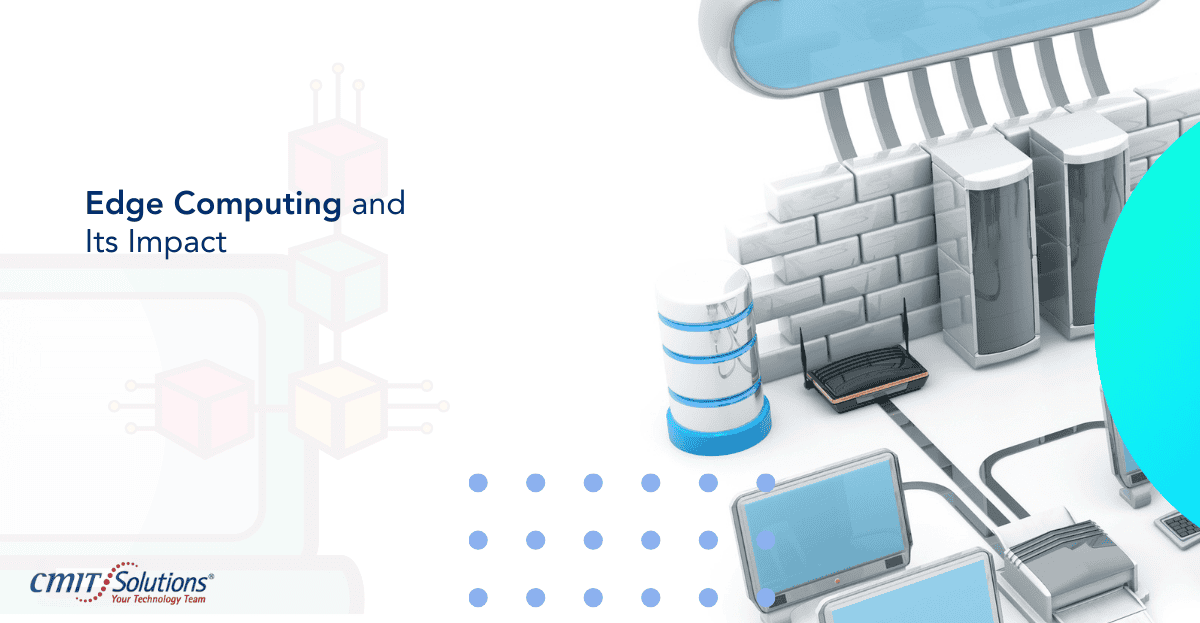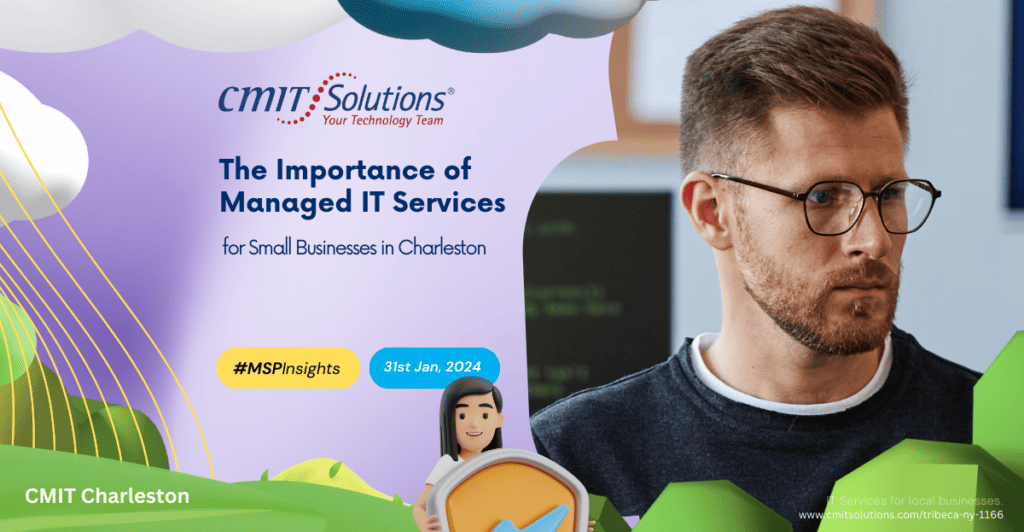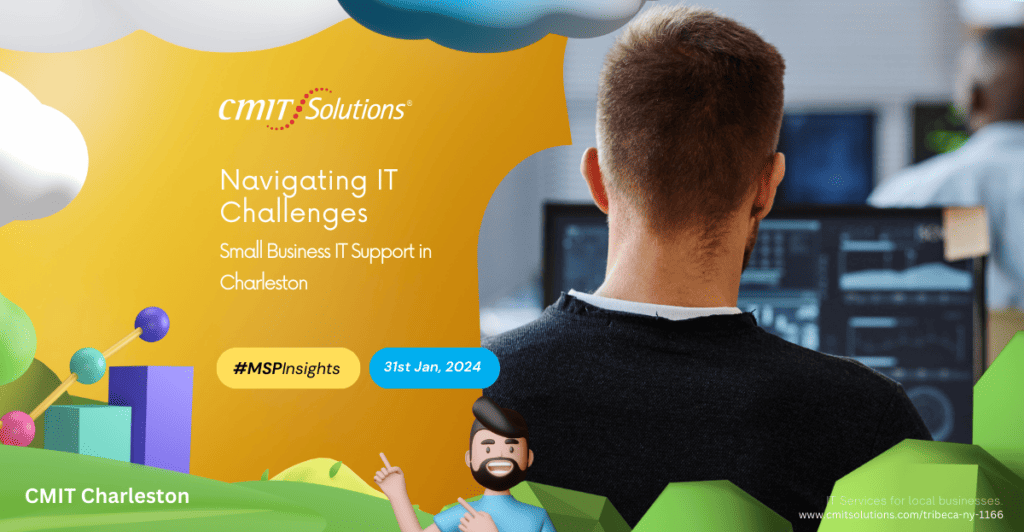In the digital era, the landscape of technology is in a constant state of flux, with innovations shaping the way we interact, work, and live. Cloud services have emerged as a cornerstone of this transformation, offering unparalleled flexibility, scalability, and efficiency to businesses and individuals alike. As we navigate through the intricate web of technological advancements, it becomes imperative to stay abreast of the latest trends and innovations in cloud computing. In this blog post, we will embark on a journey through the various facets of cloud services, exploring the rise of serverless computing, the impact of edge computing, the nuances of multi-cloud strategies, and much more.
Rise of Serverless Computing:
In recent years, serverless architecture has revolutionized the way applications are developed and deployed. Traditionally, managing servers and infrastructure required substantial time and resources, diverting developers’ attention from core business logic. However, with serverless computing, developers can focus solely on writing code, while the cloud provider takes care of infrastructure provisioning, scaling, and maintenance. This paradigm shift enables rapid development cycles, reduced operational overhead, and enhanced scalability. At CMIT Charleston, embracing serverless computing can streamline development processes, accelerate time-to-market, and drive innovation.
Edge Computing and Its Impact:
As our reliance on real-time data grows, edge computing has emerged as a game-changer in the realm of cloud services. By bringing computation closer to the data source, edge computing minimizes latency, enhances performance, and enables real-time decision-making. This distributed architecture is particularly beneficial for applications requiring low latency, such as IoT devices, autonomous vehicles, and industrial automation. At CMIT Charleston, integrating edge computing capabilities can optimize network efficiency, improve user experiences, and unlock new possibilities in data-driven decision-making.
Multi-Cloud Strategies:
In today’s dynamic business environment, organizations are increasingly adopting multi-cloud approaches to harness the strengths of multiple cloud providers. By diversifying their cloud portfolio, businesses gain flexibility, mitigate vendor lock-in risks, and optimize cost-performance ratios. However, managing disparate cloud environments poses challenges in terms of governance, security, and interoperability. At CMIT Charleston, implementing robust multi-cloud strategies involves careful planning, rigorous vendor evaluation, and seamless orchestration to ensure seamless integration and maximum value realization.
AI and Machine Learning Integration:
AI and machine learning are reshaping the capabilities of cloud services, unlocking unprecedented insights, and driving innovation across industries. From predictive analytics to natural language processing, AI-powered solutions leverage vast amounts of data to automate processes, optimize resources, and personalize experiences. However, integrating AI and ML into cloud environments requires addressing challenges related to data privacy, model training, and algorithmic bias. At CMIT Charleston, harnessing the power of AI and ML can unlock new revenue streams, enhance decision-making, and elevate customer experiences.
Security Challenges and Innovations:
As the adoption of cloud services proliferates, security remains a top priority for businesses and individuals alike. From data breaches to ransomware attacks, the threat landscape continues to evolve, necessitating robust security measures to safeguard sensitive information and mitigate risks. Encryption, access controls, and threat detection mechanisms are essential components of a comprehensive cloud security strategy. At CMIT Charleston, staying ahead of emerging threats requires continuous monitoring, proactive risk management, and adherence to industry best practices.
Containerization and Kubernetes:
Containers and orchestration tools like Kubernetes have revolutionized the way applications are deployed, scaled, and managed in the cloud. By encapsulating dependencies and runtime environments, containers offer portability, scalability, and resource efficiency. Kubernetes, an open-source container orchestration platform, automates deployment, scaling, and management of containerized applications, enabling seamless operation across diverse infrastructure environments. At CMIT Charleston, embracing containerization and Kubernetes can accelerate application delivery, optimize resource utilization, and streamline DevOps workflows.
Hybrid Cloud Adoption:
Many organizations opt for hybrid cloud models to balance the benefits of public cloud scalability with the control of on-premises infrastructure. By seamlessly integrating on-premises resources with public and private clouds, businesses gain flexibility, resilience, and regulatory compliance. However, managing hybrid cloud environments requires addressing challenges related to data synchronization, workload placement, and network connectivity. At CMIT Charleston, adopting hybrid cloud strategies involves aligning IT infrastructure with business objectives, optimizing resource utilization, and ensuring seamless interoperability.
Quantum Computing:
Quantum computing holds immense promise in revolutionizing cloud services by unlocking unprecedented computational power and solving complex problems at scale. Unlike classical computers, which rely on binary bits, quantum computers leverage quantum bits or qubits, enabling exponential parallelism and superposition. From cryptography to optimization algorithms, quantum computing has far-reaching implications for cloud services, offering breakthroughs in areas such as drug discovery, financial modeling, and climate forecasting. At CMIT Charleston, staying abreast of quantum computing advancements involves investing in research, collaboration, and experimentation to harness its transformative potential.
Serverless Databases and Data Management:
Serverless databases offer a compelling alternative to traditional database management systems, providing scalability, cost-effectiveness, and operational simplicity. By abstracting infrastructure management, serverless databases enable developers to focus on application logic rather than database administration tasks. However, adopting serverless databases requires careful consideration of factors such as data consistency, performance, and vendor lock-in. At CMIT Charleston, leveraging serverless databases can optimize data storage, streamline data access, and drive innovation in application development.
Cloud-Native Development Practices:
Cloud-native development practices emphasize agility, scalability, and resilience in building and operating applications. By embracing microservices architecture, APIs, and continuous delivery, organizations can accelerate innovation cycles, respond to market changes swiftly, and deliver superior user experiences. However, transitioning to cloud-native development requires cultural shifts, skill enhancements, and adoption of modern tools and methodologies. At CMIT Charleston, embracing cloud-native development practices can foster collaboration, accelerate time-to-market, and drive digital transformation initiatives.
Green Cloud Initiatives:
In an era of increasing environmental awareness, sustainability has become a key consideration in the design and operation of cloud services. Green cloud initiatives focus on reducing energy consumption, minimizing carbon footprint, and promoting eco-friendly practices in data center operations. From renewable energy sources to energy-efficient infrastructure designs, green cloud initiatives aim to mitigate the environmental impact of digital technologies. At CMIT Charleston, embracing green cloud initiatives aligns with our commitment to corporate social responsibility, fostering a sustainable future for generations to come.
Cloud Cost Optimization:
Managing costs while maximizing benefits is a paramount concern for businesses leveraging cloud services. Cloud cost optimization involves analyzing usage patterns, rightsizing resources, and leveraging cost-effective pricing models to optimize spending. From reserved instances to auto-scaling policies, implementing cost optimization strategies can yield significant cost savings without compromising performance or scalability. At CMIT Charleston, empowering businesses with cloud cost optimization solutions enables them to optimize their IT budgets, drive operational efficiency, and achieve greater ROI on cloud investments.
DevOps and CI/CD:
DevOps practices promote collaboration, automation, and continuous delivery across development and operations teams. By streamlining workflows, reducing cycle times, and automating deployment pipelines, DevOps accelerates software delivery, improves quality, and enhances agility. Continuous integration and continuous delivery (CI/CD) pipelines automate code integration, testing, and deployment processes, enabling faster feedback loops and rapid iteration cycles. At CMIT Charleston, embracing DevOps and CI/CD practices fosters a culture of innovation, collaboration, and continuous improvement, driving business success in the digital age.
Cloud-Native Security:
As organizations transition to cloud-native architectures, security must evolve to address new challenges and threats. Cloud-native security encompasses a holistic approach to securing containerized environments, APIs, and serverless functions. From identity and access management to runtime protection, implementing robust security measures is essential to safeguarding cloud-native applications and data. At CMIT Charleston, prioritizing cloud-native security enables businesses to mitigate risks, comply with regulatory requirements, and build trust with customers and partners.
Blockchain and Cloud Convergence:
Blockchain technology has the potential to disrupt traditional cloud services by enabling secure, transparent, and decentralized data transactions. From supply chain management to digital identity verification, blockchain applications offer unparalleled opportunities for enhancing trust, traceability, and integrity in cloud-based ecosystems. By integrating blockchain with cloud services, businesses can unlock new revenue streams, streamline operations, and improve data governance. At CMIT Charleston, exploring the convergence of blockchain and cloud technologies presents exciting possibilities for innovation and differentiation in the marketplace.
Monitoring and Observability:
Cloud-native applications require robust monitoring and observability solutions to ensure performance, reliability, and scalability. Monitoring tools provide insights into application health, resource utilization, and user experiences, enabling proactive issue detection and resolution. Observability goes beyond traditional monitoring by providing a holistic view of system behavior, dependencies, and performance metrics. At CMIT Charleston, investing in monitoring and observability capabilities enables businesses to optimize application performance, mitigate downtime, and deliver superior user experiences.
Data Sovereignty and Compliance:
Legal and regulatory considerations are paramount in the design and operation of cloud services, particularly concerning data sovereignty and compliance. Data residency requirements, privacy laws, and industry regulations dictate where data can be stored, processed, and transmitted. Ensuring compliance with these regulations is essential to safeguarding sensitive information, mitigating legal risks, and preserving customer trust. At CMIT Charleston, adhering to data sovereignty and compliance standards involves implementing robust data governance practices, encryption mechanisms, and access controls to protect data integrity and privacy.
Networking and SD-WAN:
Optimizing network infrastructure is essential for delivering cloud-native applications with optimal performance, reliability, and security. Software-defined wide area networking (SD-WAN) solutions offer centralized control, dynamic routing, and intelligent traffic management capabilities, enabling businesses to optimize network performance, reduce latency, and enhance security posture. At CMIT Charleston, leveraging SD-WAN technologies empowers businesses to modernize their network infrastructure, support digital transformation initiatives, and meet the evolving demands of cloud-based applications and services.
Collaboration Tools:
Cloud-based collaboration tools play a vital role in enhancing productivity, communication, and teamwork in today’s distributed work environments. From video conferencing to document sharing, cloud collaboration platforms enable seamless communication, document collaboration, and virtual teamwork across geographically dispersed teams. By leveraging collaboration tools, businesses can streamline workflows, foster innovation, and empower employees to work more efficiently and effectively. At CMIT Charleston, embracing cloud-based collaboration tools facilitates remote work, enhances collaboration, and drives business agility in the digital age.
Conclusion: Embracing the Future
In this ever-evolving landscape, cloud services will continue to shape our digital world, driving innovation, enabling transformation, and empowering businesses to thrive in the digital age. At CMIT Charleston, we are committed to staying curious, adapting to change, and embracing the exciting innovations ahead. By leveraging the latest trends and technologies in cloud computing, we can unlock new possibilities, drive business success, and create a brighter future for generations to come. Let us embark on this journey together, embracing the future with enthusiasm, resilience, and a spirit of innovation.





